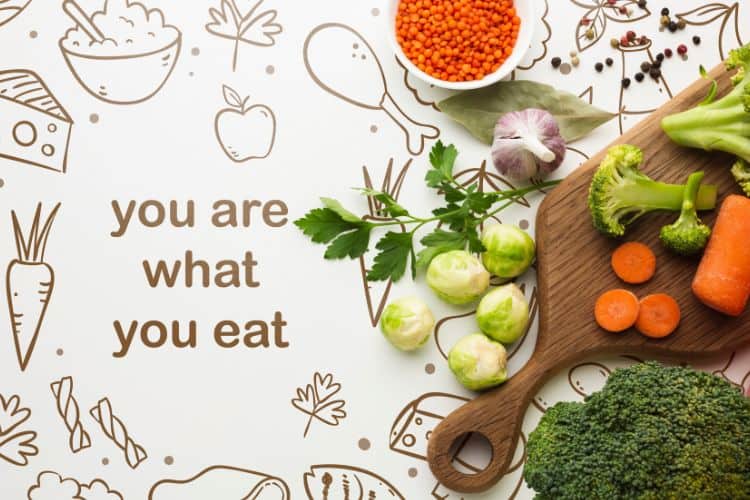Sign up for workout ideas, training advice, reviews of the latest gear and more.






Eating well and feeling satisfied isn’t about deprivation or restriction. Quite the contrary, it’s about balance, understanding, and occasionally indulging in high-calorie meals. There’s a widespread misconception that high-calorie equals unhealthy, but that’s not always the case. Sometimes, the most nutritious foods carry a high calorie count.
Before we delve into high-calorie meals, let’s talk about calories. Simply put, a calorie is a unit of energy. Our bodies require energy to perform daily tasks, whether it’s running a marathon or merely digesting food. The average woman needs around 2000 calories per day to maintain her weight, and 1500 calories to lose one pound of weight per week. But these numbers can vary depending on a range of factors, including age, size, and physical activity level.
Not all calories are created equal. High-calorie foods are often demonized, but it’s essential to note that these foods can be beneficial when consumed mindfully. Foods high in healthy fats, like avocados and nuts, or those rich in complex carbohydrates, such as sweet potatoes and whole grains, are packed with nutrients and fall into the high-calorie category. (high calorie meals)
Avocado, for example, contains about 240 calories per serving. But it also provides heart-healthy monounsaturated fats, fiber, and vitamins like vitamin K, vitamin E, and vitamin C. Similarly, nuts like almonds are high in calories (about 160 calories per ounce) but are excellent sources of heart-healthy fats, fiber, and protein.
It’s not just about the calorie content; it’s about the nutrient density—how many beneficial nutrients you get per calorie. High-calorie doesn’t necessarily mean unhealthy. In fact, regularly incorporating nutrient-dense, high-calorie foods into your diet can promote overall health and even weight management when portion sizes are controlled.
The key to enjoying high-calorie meals is mindful eating, or paying attention to what you’re eating and why. This practice encourages us to slow down and savor our food, acknowledging how it nourishes our bodies. It also helps us tune into our hunger and fullness cues, allowing us to avoid overeating high-calorie foods.
When you allow yourself to enjoy high-calorie foods occasionally, it prevents feelings of deprivation that can lead to overeating or binging. Let’s say you’ve been craving a slice of your favorite chocolate cake. Indulging in that craving, savoring each bite, and relishing the moment can be a powerful experience. It prevents the “all-or-nothing” mentality, teaching you that all foods can fit into a balanced diet.
Planning is crucial when it comes to high-calorie meals. Ensure that you’re balancing these meals with lots of nutrient-dense, lower-calorie foods throughout the rest of the day. It’s a balancing act.
For instance, if you know you’re going to have a high-calorie dinner, opt for a lighter breakfast and lunch—perhaps a green smoothie in the morning and a salad with grilled chicken for lunch. It’s not about compensating or punishing yourself; it’s about making space for indulgence and maintaining balance.
To help you get started, here’s a delicious, nutrient-dense, high-calorie meal idea:
Avocado Pesto Pasta: Cook whole grain spaghetti, and in the meantime, blend together one ripe avocado, a handful of basil leaves, a clove of garlic, a handful of pine nuts, and a splash of lemon juice to make the pesto. Toss the cooked pasta in the avocado pesto, top with cherry tomatoes and a sprinkle of parmesan cheese. This meal is high in calories, but it’s packed with heart-healthy fats, complex carbohydrates, fiber, and a plethora of vitamins and minerals.
Indulging in high-calorie meals is a vital part of a balanced, realistic approach to nutrition. Not all high-calorie foods are created equal, and many are packed with nutrients that can enhance your health and wellbeing. Women need not fear high-calorie meals. Instead, we should strive to understand them, embrace them, and enjoy them mindfully as part of our journey towards a healthier lifestyle. After all, food is meant to be savored, not feared. And knowing how to balance your meals allows you to embrace all foods while also taking care of your body’s needs.
Stay up to date on the latest women’s health, fitness and lifestyle trends and tips.